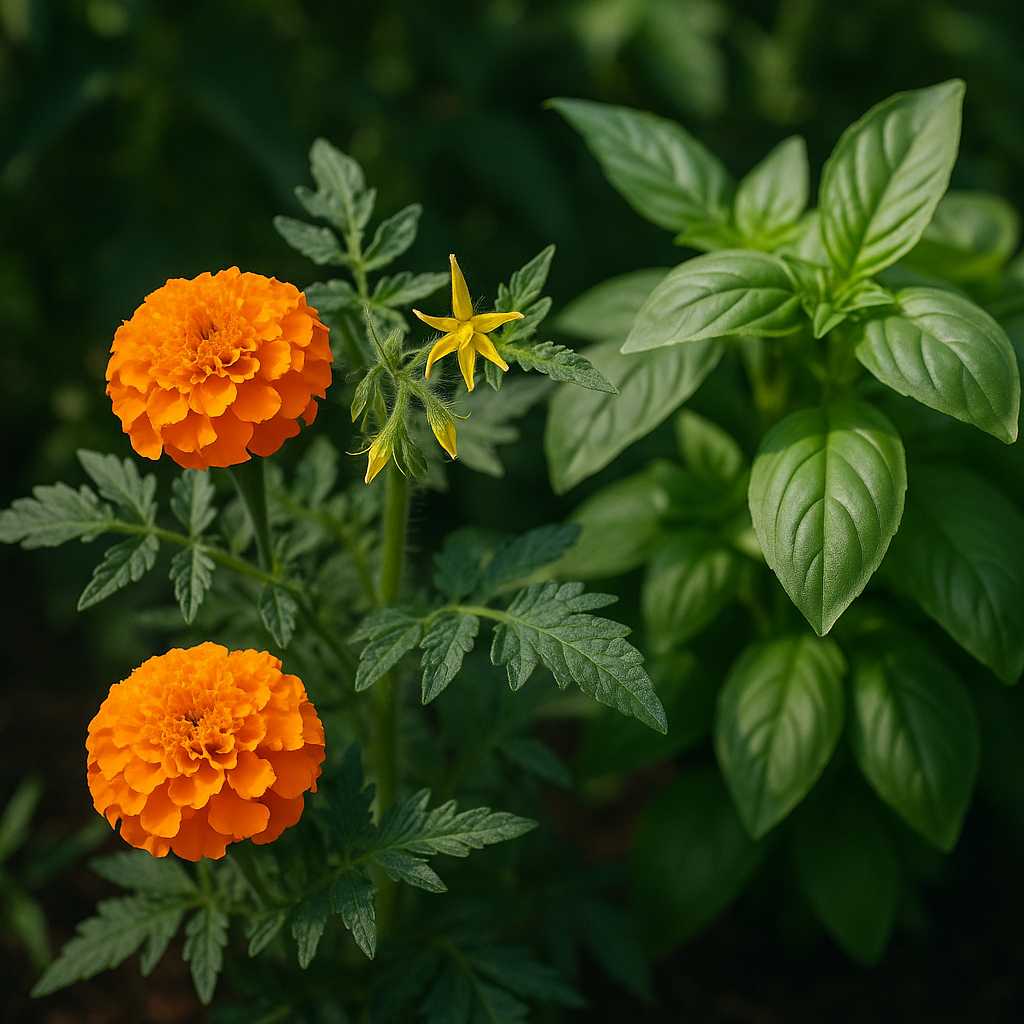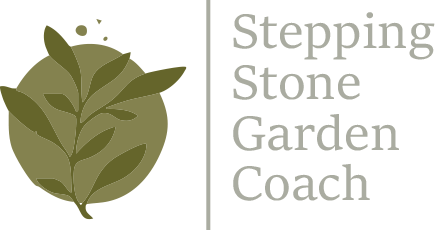
Florida’s hot, humid climate doesn’t just make tomatoes grow—it also makes pests thrive. From aphids to whiteflies, it can feel like bugs are always one step ahead. But you don’t need harsh chemicals to protect your plants. With the right natural methods, you can keep your tomatoes healthy and productive all season long.
Here’s what really works (and what doesn’t) for controlling tomato pests in Florida’s Zone 10a.
Baby Shampoo Spray: Quick Knockdown for Soft-Bodied Pests
One of the easiest DIY pest solutions is sitting in your bathroom. A simple mix of warm water and plain baby shampoo works as a mild insecticidal soap.
How to Mix
1 gallon of warm water
½–1 tablespoon plain, unscented baby shampoo (no conditioners or botanical oils)
How to Use
Spray directly on aphids, whiteflies, and spider mites, coating the tops and undersides of leaves.
Apply in early morning or evening to avoid sunscald.
Rinse plants gently after a few hours to prevent residue buildup.
Repeat weekly only as needed.
Best For
Quick knockdown of soft-bodied pests.
What It Won’t Do
Baby shampoo spray won’t stop fungal diseases or protect against hard-bodied pests like stink bugs.
Neem Oil: Best All-Around Organic Protection
If you only use one organic pest control product, make it neem oil. This natural oil comes from the seeds of the neem tree and works in multiple ways:
Insect control – Smothers soft-bodied pests and disrupts feeding behavior.
Fungal prevention – Helps prevent powdery mildew and early blight.
Longer-lasting effect – Unlike soap sprays, neem has some residual action.
How to Use
Mix according to label (usually 1–2 tablespoons neem oil + 1 gallon of water + a few drops of mild liquid soap as an emulsifier).
Spray every 7–10 days in the early morning or late evening.
Avoid spraying in full sun to prevent leaf burn.
Companion Planting: Nature’s Built-In Pest Control
Planting the right flowers and herbs near your tomatoes can reduce pests naturally.

Best Companions for Pest Control
Marigolds – Repel nematodes and whiteflies.
Basil – Discourages thrips and improves tomato flavor (bonus!).
Nasturtiums – Trap aphids, pulling them away from your tomatoes.
Interplanting these companions also attracts pollinators, which means better fruit set.
Beneficial Insects: Recruit Nature’s Helpers
Not all bugs are bad. Encouraging beneficial insects can keep pests in check naturally.
Ladybugs & Lacewings – Devour aphids and whiteflies.
Parasitic Wasps – Target tomato hornworms and caterpillars.
You can buy ladybugs or lacewing eggs online, but often just planting flowers like alyssum or dill will draw them in.
What Doesn’t Work (and What to Avoid)
Coffee Grounds for Pest Control
Adding coffee grounds to soil boosts organic matter, but sprinkling them on leaves won’t stop pests.
Essential Oils on Leaves
Peppermint or rosemary oil sprays are popular online, but they can burn tomato leaves in Florida’s intense sun.
Over-Spraying Homemade Solutions
More isn’t better. Overuse of soaps or oils can clog leaf pores and stress your plants.
Final Thoughts
Natural pest control is about balance, not eradication. A few pests won’t ruin your harvest, but heavy infestations can. Combine quick fixes like baby shampoo spray with long-term strategies like companion planting and beneficial insects for the healthiest, most resilient tomato plants.
Keep a close eye on the undersides of leaves, act early, and your Florida tomatoes will reward you with baskets of juicy, homegrown fruit.
What’s Next?
For even more tips, check out:
The Ultimate Florida Tomato Prep Guide – how to prep soil, choose varieties, and get a healthy start.
